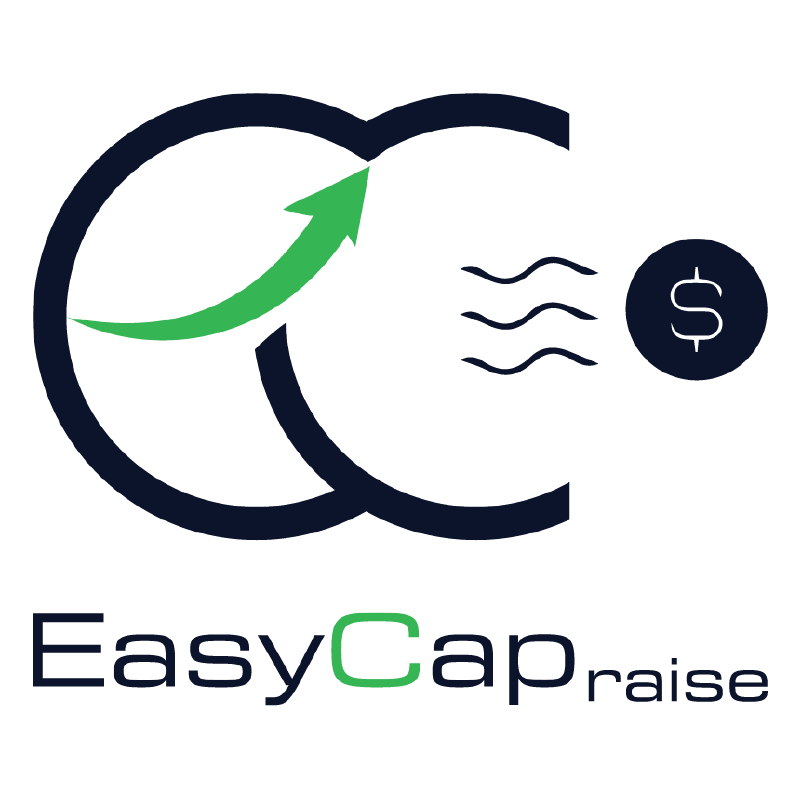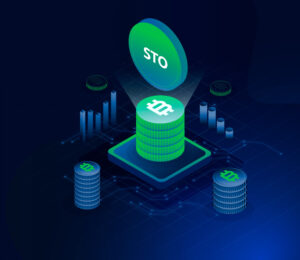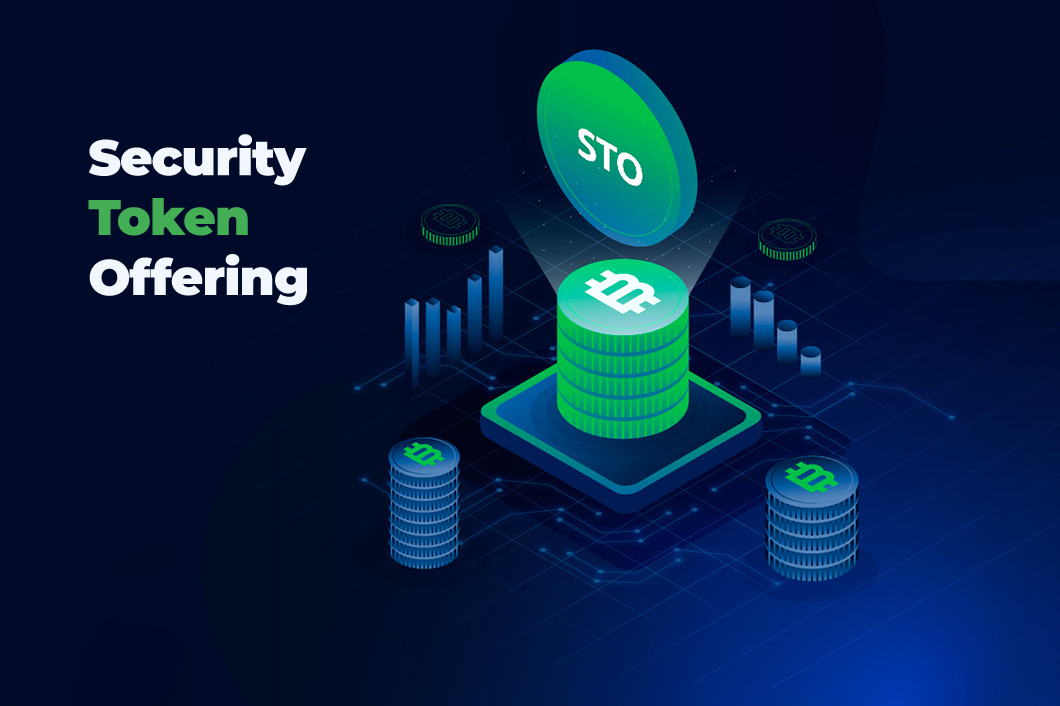The future of fundraising? What we should know about token fundraising
In the long term, we anticipate that token-funded startups will rise in number and that traditional venture capitalists will need to be willing to consider making token investments. In this essay, we’ll go over four main concepts that describe our perspective on token fundraising:
- In the near future, many businesses will start issuing security tokens rather than “regular” shares (unless regulation gets in the way).
- Utility tokens may fundamentally alter the way platform developers and investors are paid for their work (again, subject to the regulatory framework).
Despite our optimistic outlook, current trends paint a troubling picture for token fundraising: the reputation of the ICO market has been damaged by regulatory uncertainty, some questionable funding sources, and a large number of tokens and dApps (decentralized applications) that have, so far, failed to deliver. The failure rate of ICOs is also increasing and is even beginning to surpass that of VC financing. In the meantime, token investments are becoming more and more popular.
Security Tokens: A New Form of Equity
Security tokens are essentially digital securities on a blockchain platform. During a token sale, startups most frequently issue them as ownership shares (equity) to raise money. If regulations don’t get in the way, we think these will replace traditional equity as the preferred funding model in the future.
Imagine receiving a token rather than a share certificate as payment for your investment in a company (digital or printed). At the moment of investing, the token’s transfer and selling restrictions are coded in.
Security tokens make life simpler, faster, and easier than shares because:
- Tokens are digital (accountable, trackable, and impossible to counterfeit)
- Transaction costs are lower (close to zero)
- Tokens enable fractional ownership with no overheads
- There is far more liquidity (subject to the token’s constraints). For years, equity investments in startups have remained illiquid. Security tokens gain liquidity much more quickly, often instantly, enabling faster returns, easier rebalancing of an illiquid portfolio, and the potential to realize gains (theoretically) at any time.
- With security tokens, you have more flexibility (according to the conditions of the security token, investors can, for instance, receive a percentage of revenue rather than profits.)
- Security token offers (STOs) may only need a small number of disclosures in comparison to initial public offerings (IPOs) or other conventional offerings, which would lower the expenses for issuing businesses.
- As a result of everything said above, there may be a larger pool of prospective security token investors, including both traditional equity investors and token investors (including funds and the public in both cases, but subject to restrictions on security sales like any other form of security).
We might consider a tokenized asset as a better type of equity as a result of these advantages. Many businesses will soon offer security tokens rather than shares (provided significant legislative challenges don’t materialize).
Utility Tokens Can Revolutionize Platform Creation
Utility tokens have a practical purpose, which is why they are useful. They grant token holders the opportunity to use a digital application or service or engage in its ecosystem. They offer a novel way to generate network effects, and they represent a bigger revolution than security tokens in the way that they fundamentally alter how various stakeholders (creators, backers, and even customers) are paid for their efforts or involvement in any new dApp.
Security tokens have the same advantages as utility tokens (described above), but utility tokens also have the added ability to enhance network effects by encouraging platform usage at an early stage. They are not rights to profits or other financial rewards, unlike security tokens, though some people might buy them in the hopes that their value will rise.
Utility tokens offer several key advantages in cases like this:
- Incentive alignment
- Low transaction costs
- Powerful network effects
Perhaps the biggest benefit of tokenized marketplaces is that a low rake can encourage greater usage, which lowers friction and produces stronger network effects. Tokens also profit from the network effect of one of the strongest networked products in human history, money, as they themselves have value. These marketplaces have a meta-layer of network effects above their core products, ensuring that early participants have a vested interest in promoting the marketplace. Early participants receive tokens (in some cases, tokens are simply airdropped to early participants before they make any contributions). The difficult process of starting the cycle of network effects could be made much easier with utility tokens.
Looking Forward
Over time, we can anticipate that startups will fall into three buckets:
- Traditional venture-backed startups: startups that provide centralized goods and services, where equity would likely be issued through security tokens
- Hybrids: equity-funded until a tokenized network is built, then tokenized (this creates a conflict of interest between equity and token holders, so we do not recommend these until a clear structure that solves this conflict arises)
- Token-funded startups: These startups are profitable thanks to the surge in token value and can quickly benefit from network effects (for this to work, regulations must approve the public sale of utility tokens).
Related Articles
Contact us
Good to have you here! If you have any queries, please leave your message. Our team will reach out soon:)
.







